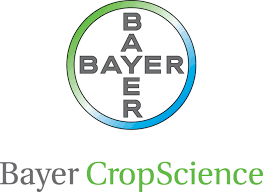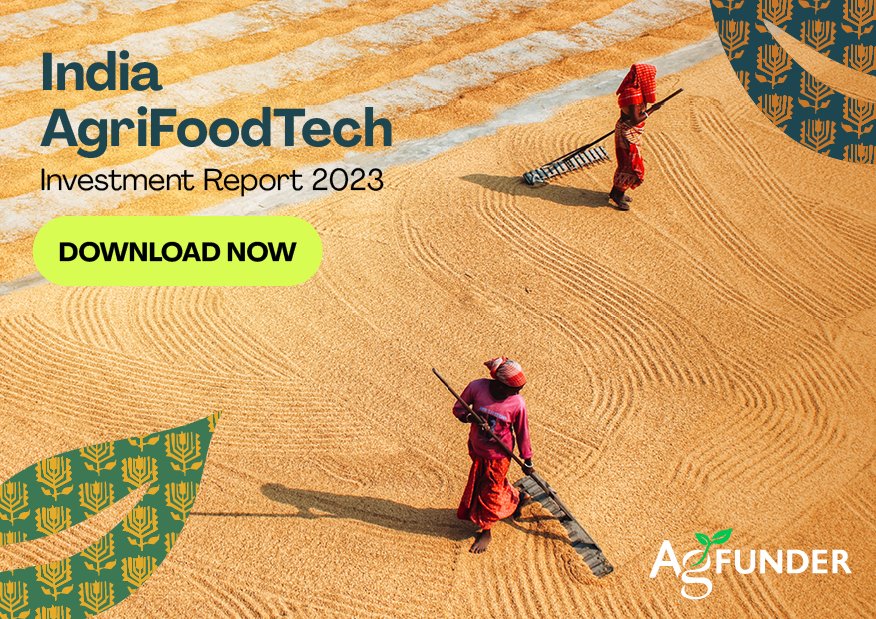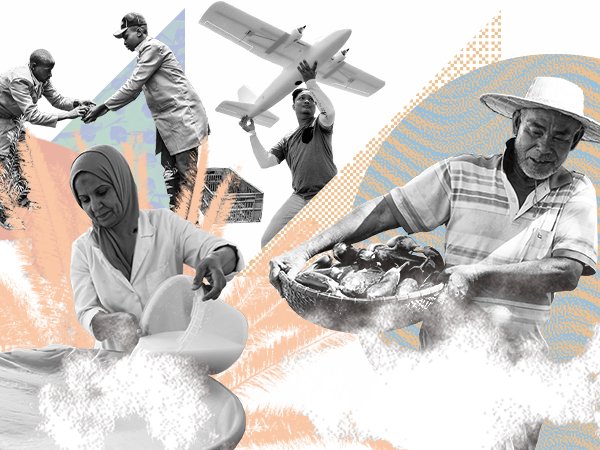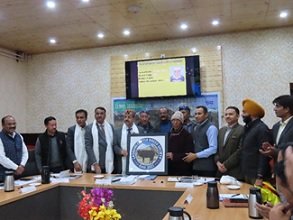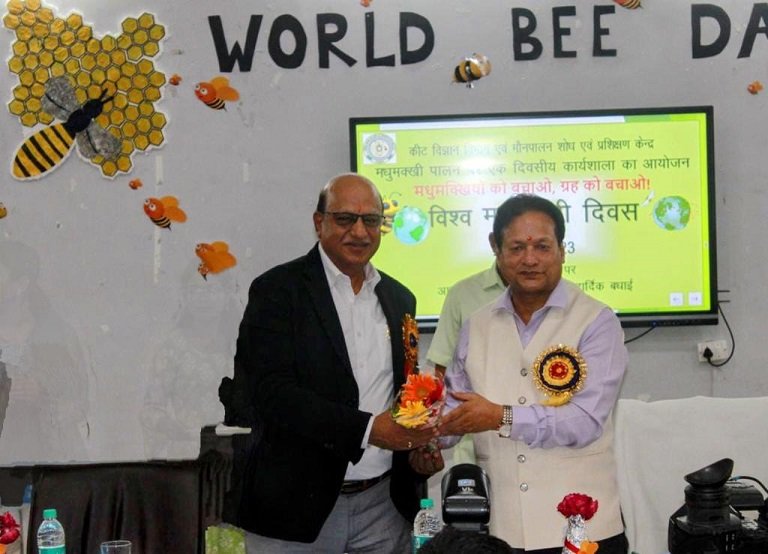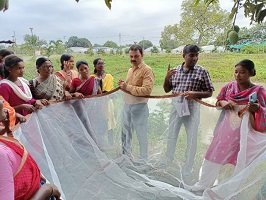Oxitec launches tech program to develop a friendly solution for cattle tick
This rigorous feasibility phase demonstrated that a future Friendly cattle tick solution could deliver highly effective R. micro plus population suppression
Oxitec Ltd, the leading developer of insect-based biological solutions to control pests that transmit disease, destroy crops and harm livestock, announced the launch of the development of a targeted, biologically Friendly solution for the world’s most devastating cattle pest, the Asian blue tick, or Rhipicephalus microplus.
In a feasibility project funded by the Bill & Melinda Gates Foundation, Oxitec’s team validated the key methods for developing a Friendly R. microplus and found that, for managing this dangerous tick, this biological approach is anticipated to provide a highly effective alternative to chemical pesticides. The Foundation has now committed $4.8 million to an early development phase to start to build the Friendly R. micro plus solution, Oxitec’s first targeting a non-insect pest.
Launched in 2021, Oxitec’s cattle tick program has conducted in-depth assessments of tick biology and genetics, assessed methods for the development of a Friendly tick solution, artificial production methods, cattle management practices in regions threatened by R. microplus, and modelled the impact of future implementation on target tick populations. This rigorous feasibility phase demonstrated that a future Friendly cattle tick solution could deliver highly effective R. micro plus population suppression and that it represents a promising biological alternative to chemical pesticides. This ground-breaking program will be conducted in collaboration with leading experts at one of the world’s foremost livestock research organisations, the Roslin Institute in Edinburgh, Scotland.
The R. microplus tick blood-feeds on cattle, causing major losses in productivity and animal death by spreading deadly diseases such as babesiosis. Originally native to Asia, the invasive R. microplus is now widely distributed across Africa and Southern and Central America. R. microplus is widely regarded as the world’s most important arthropod pest of cattle, costing the livestock industry and farmers billions of dollars each year. In Brazil alone, this tick costs an estimated $3.2 billion in losses and management costs. Management of R. microplus is highly reliant on chemical acaricides (pesticides), to which the tick is widely resistant. New, sustainable tick management solutions are urgently needed.
Grey Frandsen, Oxitec’s CEO, commented, “Oxitec is committed to delivering solutions that enable sustainable food production for a growing population on this changing planet, which is needed now more than ever to protect global food security. This new program is a significant milestone for Oxitec, enabling us to start building our first Friendly™ product targeting a non-insect pest. The Rhipicephalus microplus tick is a dangerous pest of cattle that threatens livelihoods across the world, and it’s still spreading. More chemical pesticides aren’t the answer. We’re focused on stopping it in its tracks by translating Oxitec’s proven, biological technology platform into a Friendly solution that offers a new level of impact against this tick, without harming the environment.”
This rigorous feasibility phase demonstrated that a


